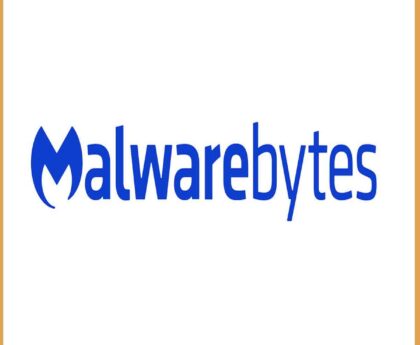Unless you’re living under a rock, you’ve probably heard about the new wave of malware that is currently wreaking havoc on computers around the world. These types of attacks are known as “exploit kits,” and they make it easier than ever for hackers to take advantage of unsuspecting users. They are particularly insidious because they tend to lurk in Chrome extensions, Word documents, and other innocuous files. Even if you have an antivirus program installed and routinely perform scans with another endpoint protection system, there is a very real chance that you could be infected with exploit kit malware. After all, cybercriminals are becoming more and more cunning with every passing day. In this blog post, we will go over five reasons why you shouldn’t ignore detection from Malwarebytes and other similar programs designed to identify malware.
Detecting Chrome Extension Malware
One of the most commonly-spread types of malware of 2018 is Chrome extension malware. Many people have no idea that these malicious add-ons exist, but they are often incredibly easy to miss. Chrome extensions are supposed to make browsing the web easier, but malicious ones often disguise themselves as helpful features. Luckily, Malware bytes and most other types of malware detection software can identify Chrome extension malware. Malware bytes can also detect and remove any malicious add-ons that might be on your computer. If you’re using Chrome and have an add-on that you aren’t familiar with, it’s important to remember that Chrome extensions aren’t necessarily safe. They can cause a number of issues, including redirects, pop-ups, and other malicious activity. If you notice that your browser has been hijacked by a Chrome extension, be sure to remove it as quickly as possible. You might even want to consider uninstalling Chrome if you don’t feel like you can trust the browser anymore.
Detecting Microsoft Office Documents
Another type of malware that has been wreaking havoc on computers this year is Microsoft Office document malware. This malware is often disguised as a business-related file, and it can infect computers even when people are downloading PDFs from their own computers or other sources they trust. Malware bytes and similar types of malware detection programs can identify this kind of malicious software. If you come across a suspicious file, don’t open it. Instead, scan it with a program like Malware bytes to determine if it’s safe. Although Microsoft Office documents are commonly used for legitimate reasons, some people create malicious files with the intention of harming others. If you work with a lot of document files, it’s a good idea to be on the lookout for malicious documents. Be sure to scan your computer’s documents regularly, and you might even want to add a virus scanner to your computer’s daily tasks.
Detecting Browser Extension Malware
Browser extension malware has become increasingly common in recent years. This type of malware often spreads through fake advertisements, and unsuspecting users might not even realize that they’ve been infected. If you use a browser like Chrome or Firefox, chances are that you have a few extensions installed on your computer. Unfortunately, malicious extensions have become so common that they are among the top types of malware on the internet. Malware bytes and other types of malware detection software can identify browser extension malware. If you notice that one of your extensions is acting strangely, it’s a good idea to scan your computer with a program like Malware bytes. You might even want to temporarily uninstall browser extensions while you scan your computer so that they don’t interfere with the scanning process.
Detecting Operating System Malware
Operating system malware can infect any operating system (OS), which means that it can infiltrate both Windows and Mac computers. If you download a malicious file, it could be disguised as something harmless, like an image file. Malware bytes and other types of malware detection software can find malicious files on your computer, but they aren’t capable of preventing OS malware from infecting your computer in the first place. If you don’t have a good antivirus program installed, it’s a good idea to get one. Many antivirus programs also include malware detection, which makes them an essential part of computer security.
Mentioned Detection of Super Important Software
We hope that after reading this blog post, you now understand the importance of detecting malware. In particular, you should be looking for software that can detect browser extension malware, OS malware, and Microsoft Office document malware. If you come across a suspicious file, don’t open it. Instead, scan it with a program like Malware bytes. If you don’t have malware detection software installed, it’s a good idea to get some. It’s important to protect your computer from malicious software because it can do a lot of damage if it’s allowed to remain on your computer. It’s also important to remember that malware detection software can’t prevent malware from infecting your computer in the first place. That’s why it’s important to keep an antivirus program installed at all times.




